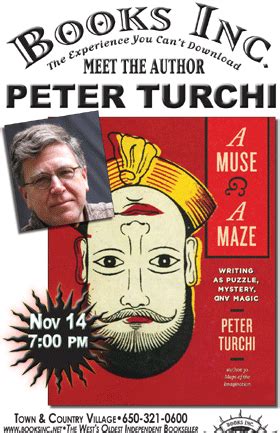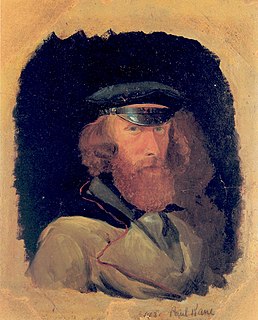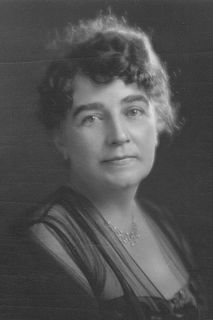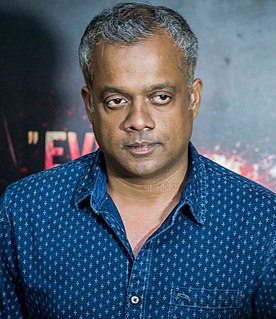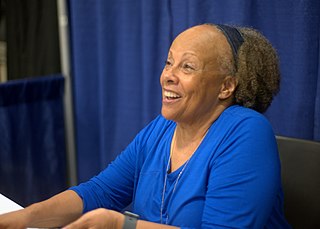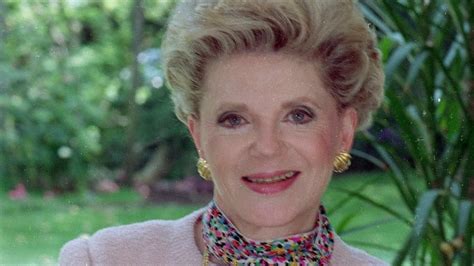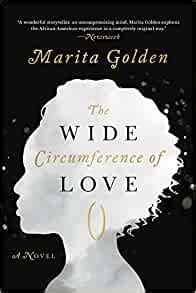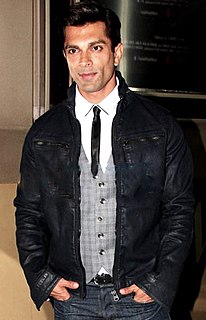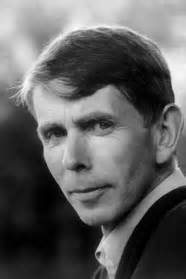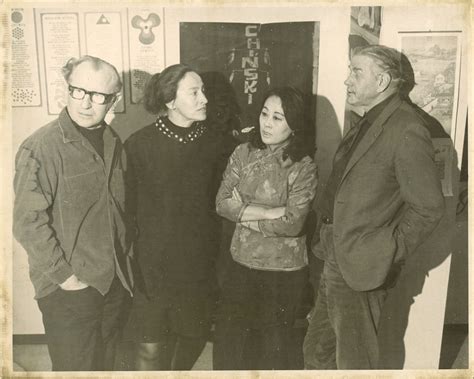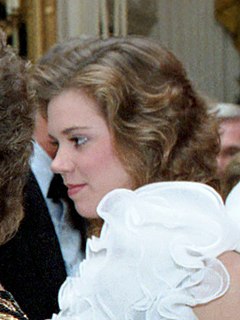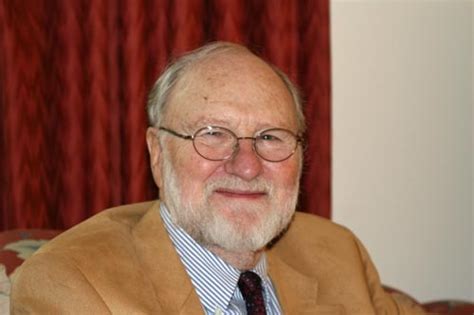Top 1200 Stranger Than Fiction Quotes & Sayings - Page 16
Explore popular Stranger Than Fiction quotes.
Last updated on December 19, 2024.
The key of writing fiction isn't just to remove something that the reader or listener can easily imagine. It's not a matter of being coy, or withholding information. It's allowing for multiple possibilities, recognizing the complexity of human behavior, and making the world of a piece of fiction as marvelously confounding as the world we live in.
I'm so deeply interested in what it feels like to be other people that I get to operate under the illusion when I'm writing fiction that I'm not really revealing that much about myself. But, of course, I am, and I know that I am. And yet there's this sort of membrane that I get to work behind as I write my fiction, and I love it.
As a result of reading science fiction when I was eight, I grew up with an interest in music, architecture, city planning, transportation, politics, ethics, aesthetics on any level, art...it's just total! It's a complete commitment to the whole human race on all the Earth. That's what science fiction is about.
As a journalist, I would talk to writers, directors, creative people, and discover that for an awful lot of them, the moment they became successful, that was all they were allowed to do. So you end up talking to the bestselling science-fiction author who wrote a historical-fiction novel that everybody loved, but no one would publish.
'Who are we?' And to me that's the essential question that's always been in science fiction. A lot of science fiction stories are - at their very best - evocations of that question. When we look up at the night sky and wonder, 'Is there anyone else out there?' we're also asking who we are we in relation to them.
After nightfall the face of the country seems to alter marvelously, and the clear moonlight only intensifies the change. The river gleams like running quicksilver, and the moonbeams play over the grassy stretches of the plateaus...The Bad Lands seem to be stranger and wilder than ever, the silvery rays turning the country into a kind of grim fairyland.
Who are we? And to me that's the essential question that's always been in science fiction. A lot of science fiction stories are - at their very best - evocations of that question. When we look up at the night sky and wonder, "Is there anyone else out there?" we're also asking who we are we in relation to them.
That's all I've ever dreamed of, Mr. Bones. To make the world a better place. To bring some beauty to the drab humdrum corners of the soul. You can do it with a toaster, you can do it with a poem, you can do it by reaching out your hand to a stranger. It doesn't matter what form it takes. To leave the world a little better than you found it. That's the best a man can ever do.
It is untrue that fiction is nonutilitarian. The uses of fiction are synonymous with the uses of literature. They include refreshment, clarification of life, self-awareness, expansion of our range of experiences, and enlargement of our sense of understanding and discovery, perception, intensification, expression, beauty , and understanding. Like literature generally, fiction is a form of discovery, perception, intensification, expression, beauty, and understanding. If it is all these things, the question of whether it is a legitimate use of time should not even arise.
I think, when you are writing non-fiction, you feel there's an obligation to get it absolutely right, so all your factual details have to be, have, you know, to go through a long list of them and tick them. I'm not saying that's not important in fiction, but I think you have a bit more leeway; you can suit yourself.
Selden and Lily stood still, accepting the unreality of the scene as a part of their own dream-like sensations. It would not have surprised them to feel a summer breeze on their faces, or to see the lights among the boughs reduplicated in the arch of a starry sky. The strange solitude about them was no stranger than the sweetness of being alone in it together.
Our legacy is really the lives we touch, the inspiration we give, altering someone's plan - if even for a moment - and getting them to think, cry, laugh, argue. More than anything, we are remembered for our smiles; the ones we share with our closest and dearest, and the ones we bestow on a total stranger, who needed it RIGHT THEN, and God put you there to deliver.


